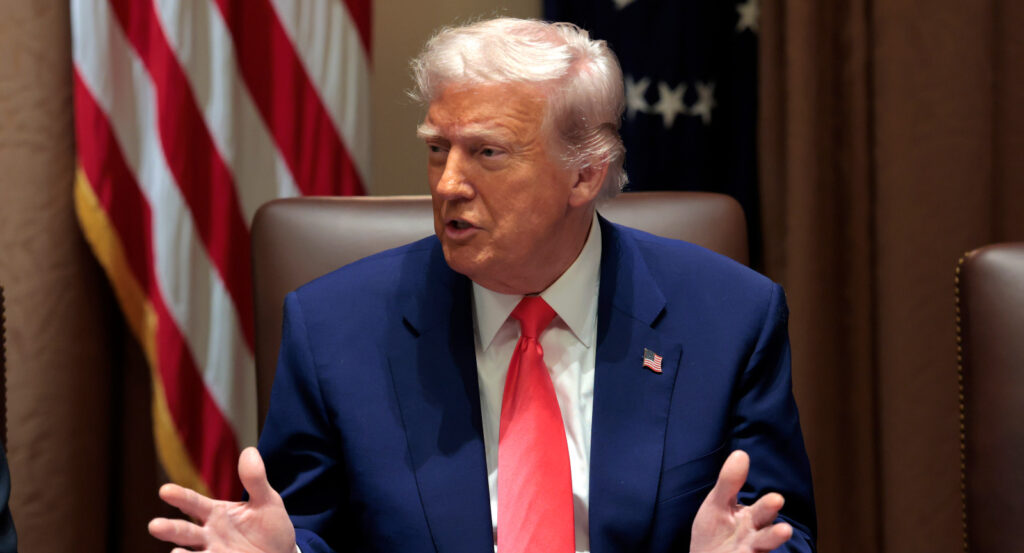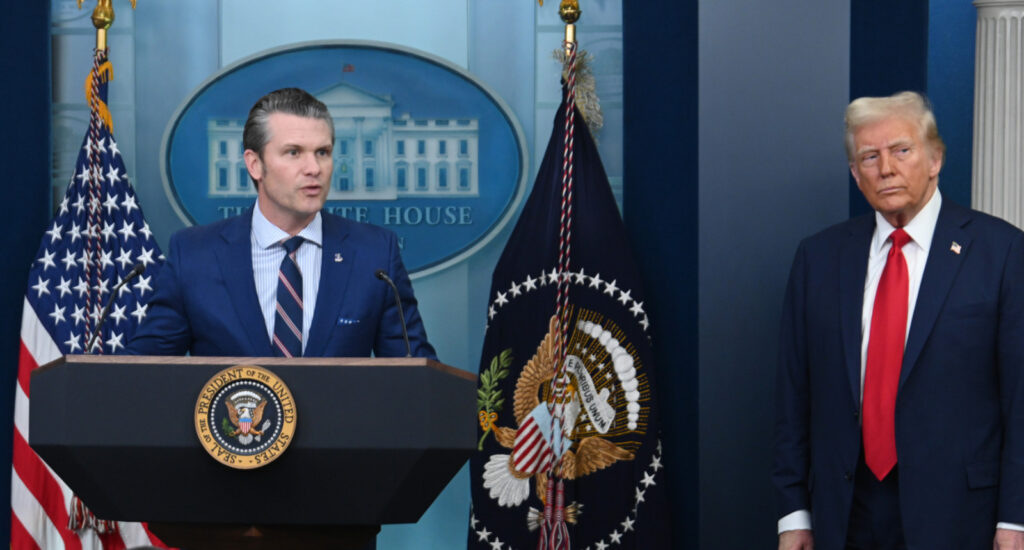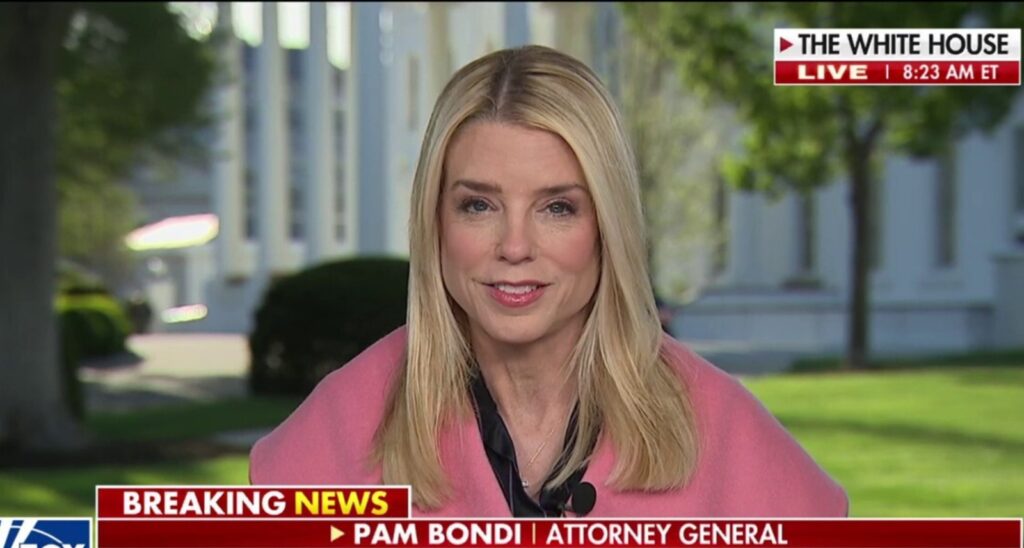Senate Republicans are aiming for an aggressive timeline to advance President Donald Trump’s legislative agenda during the three-week work period that began Monday.
Senate Majority Leader John Thune announced Monday evening that he hopes to see the Senate and House agree on a compromise budget resolution by April 11—a key step toward enacting the president’s tax and spending priorities.
Thune’s move to set a target date follows a public push earlier that day from House GOP leadership and committee chairs, who urged the Senate to accelerate progress on Trump’s agenda.
House Republicans have also proposed passing a compromise budget blueprint within the next three weeks, the Daily Caller reported.
Senate GOP leaders maintain that the upper chamber has been working steadily to advance President Trump’s sweeping tax and spending priorities through the filibuster-proof budget reconciliation process. Senate Republicans are expected to revise the House-passed budget resolution to make room for a permanent extension of the 2017 Trump tax cuts — a central goal for the president.
If those expiring tax cuts are not extended, most U.S. households will see a tax increase beginning in 2026.
“We have been hard at work on legislation to extend the tax relief we passed during Trump’s first term and to make a transformational investment in our border and national security,” Thune said on the Senate floor Monday. “And those efforts will accelerate over the next three weeks.”
House Republican leaders have pressed the Senate to accelerate its work on a budget blueprint, a move that comes as neither chamber has yet finalized a framework to underpin an upcoming tax and spending bill designed to advance the president’s priorities.
Several Senate Republicans, including Ron Johnson of Wisconsin and Mike Lee of Utah, have criticized the House budget resolution for not achieving deep enough spending cuts, stating that their backing for any compromise resolution would depend on implementing more significant reductions.
House and Senate Republicans initially approved different budget resolutions, reflecting their contrasting views on how to advance the president’s agenda. To move forward in the budget reconciliation process, both chambers must agree on a compromise budget resolution that reconciles the differences in their initial budget plans.
“We took the first step to accomplish that by passing a budget resolution weeks ago, and we look forward to the Senate joining us in this commitment to ensure we enact President Trump’s full agenda as quickly as possible,” House GOP leadership and committee chairs said in a statement.
“The American people gave us a mandate, and we must act on it. We encourage our Senate colleagues to take up the House budget resolution when they return to Washington,” the statement continued.
House Republicans’ public pressure campaign comes on the heels of House Majority Whip Tom Emmer’s remarks to the Daily Caller News Foundation on March 15, where he urged Senate Republicans to “pick up the pace” on advancing Trump’s legislative priorities.
GOP lawmakers are pushing for a budget reconciliation package that would allocate additional funding to Immigration and Customs Enforcement—aimed at accelerating the president’s deportation agenda—boost defense spending, and expand oil and gas leasing.
They are also working to implement the president’s comprehensive tax agenda, which includes a permanent extension of Trump’s tax cuts and the elimination of taxes on tips, overtime pay, and Social Security benefits. Trump campaigned on a sweeping tax-cutting agenda and was the first to support eliminating taxes on tips, a position former Vice President Kamala Harris eventually took on the campaign trail as well.
A delay in passing a final tax and spending bill could postpone the tangible impact of Trump’s policies from reaching voters before the midterm elections, political observers have noted.





